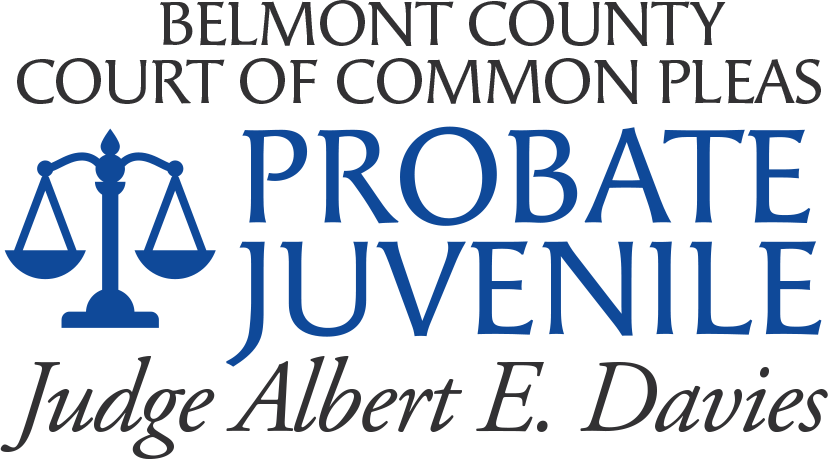Juvenile Court Process
If you are scheduled for Court:
Please arrive promptly at the scheduled time. Appropriate attire is required. All persons summoned into Court must be clothed in a proper and respectable manner. Shorts, tank tops, inappropriate/revealing/midriff or cutoff tee-shirts, baggy/sagging jeans and any informal type of clothing will be unacceptable. No hats or sunglasses are to be worn in the courtroom. No food or drink may be brought into the Court. All juveniles must bring their social security numbers, birth certificate and operator’s license with them on all cases. Parents may be asked to show identification.
DELINQUENT AND UNRULY CASE PROCEDURES
1. Complaint:
The complainant goes to the Prosecutor’s Office and fills out a statement of facts that is provided by that office. Those who may file a complaint are the police, school officials, parents, victims, or any adult who had knowledge of the offense. The Intake Clerk at the Prosecutor’s Office then obtains approval of the Assistant Prosecuting Attorney assigned to Juvenile Court, as to the proper charge to be filed. The complaint is typed, signed by the complainant and is then forwarded to the Juvenile Court’s Chief Deputy Clerk. The clerk files the complaint which is set for a plea hearing, or passes it on to the Program Coordinator for one of the proper Diversion Programs for unofficial handling. If a formal complaint is filed, proper notices are sent to the child, parent, guardian or custodian.
2. Plea Hearing:
At this hearing, a person is apprised of their right to counsel and other constitutional and procedural rights as well as being made aware of the allegations regarding the charge.
If a child denies the charge, the matter is set for pretrial.
If a child admits the charge or is subsequently found to be delinquent or unruly, the matter may then be continued for a predisposition investigation and report or immediate disposition.
3. Pretrial:
At this step, the principals in the case gain information to formulate planning for further proceedings.
4. Adjudicatory Hearing:
This hearing is to determine whether a child is a juvenile traffic offender, delinquent, unruly, abused, neglected or dependent child, or otherwise within the jurisdiction of the Court.
5. Dispositional Hearing:
This hearing determines what action shall be taken after adjudication concerning the child who is within jurisdiction of the Court. The Court considers the child’s previous record, relationship with the parents(s), school reports, and the child’s statements. Another consideration is the protection of the community from this type of behavior and whether such behavior will continue. The theme of rehabilitation is a key factor at this stage.
Disposition can be any one or more of the following:
COURT DISPOSITIONS
| Dismissal | Fine and Court Costs |
| Restitution | Community Service |
| Diversion | Probation |
| License Suspension | Detention |
| Placement with Children Services | Placement out-of-home |
| Group Home Placement | Commitment to Department of Youth Services |
| Referrals to outside agency services | Referrals to Court programs |
